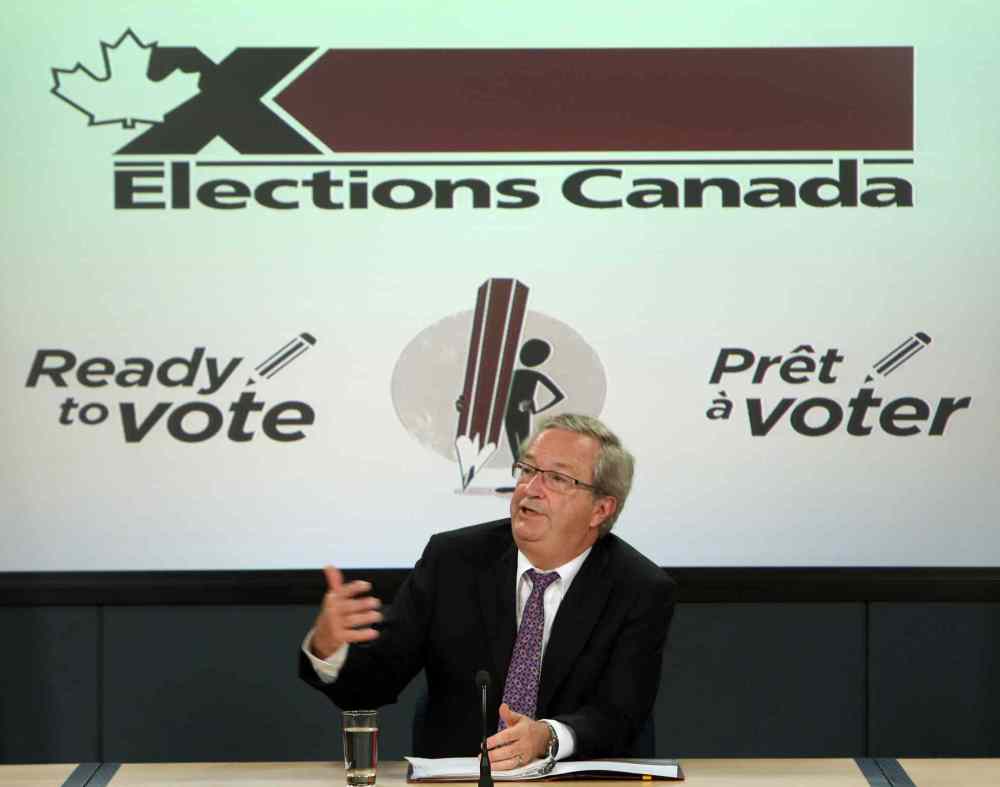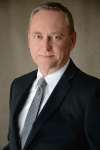Elections Canada working to ensure new rules don’t affect voter turnout
Advertisement
Read this article for free:
or
Already have an account? Log in here »
To continue reading, please subscribe:
Monthly Digital Subscription
$0 for the first 4 weeks*
- Enjoy unlimited reading on winnipegfreepress.com
- Read the E-Edition, our digital replica newspaper
- Access News Break, our award-winning app
- Play interactive puzzles
*No charge for 4 weeks then price increases to the regular rate of $19.95 plus GST every four weeks. Offer available to new and qualified returning subscribers only. Cancel any time.
Monthly Digital Subscription
$4.99/week*
- Enjoy unlimited reading on winnipegfreepress.com
- Read the E-Edition, our digital replica newspaper
- Access News Break, our award-winning app
- Play interactive puzzles
*Billed as $19.95 plus GST every four weeks. Cancel any time.
To continue reading, please subscribe:
Add Free Press access to your Brandon Sun subscription for only an additional
$1 for the first 4 weeks*
*Your next subscription payment will increase by $1.00 and you will be charged $16.99 plus GST for four weeks. After four weeks, your payment will increase to $23.99 plus GST every four weeks.
Read unlimited articles for free today:
or
Already have an account? Log in here »
Hey there, time traveller!
This article was published 15/09/2015 (3763 days ago), so information in it may no longer be current.
OTTAWA – Canada’s chief electoral officer is working with First Nations and student leaders to try and prevent tighter requirements for identification at the polls from affecting voter turnout.
Marc Mayrand used Canada’s Democracy Week to speak out on changes to the ID requirements and encourage people to take the time to register and vote.
“Our goal is to ensure that every Canadian who wishes to cast a ballot will have an opportunity to do so irrespective of their personal circumstances,” Mayrand said on Monday.

Changes to Canada’s Election Act made by Prime Minister Stephen Harper mean voters can no longer use their voter registration card that comes in the mail as identification at the polls. In 2011, 400,000 people used this. As well, voters in the past who had no suitable identification could vote by having an elector who did have the right ID vouch for their identity. In 2011, 120,000 voted via vouching.
Now the only way to vote is to provide your driver’s license or provincial/territorial ID card or show two pieces of ID that may not have your photo but at least one of which has your address. You can have someone vouch for your address if you have two pieces of ID but neither shows your address.
There is a list of more than three dozen acceptable pieces of identification for these latter two categories including lease agreements, utility bills, or a letter confirming your residence from an authority such as a soup kitchen, shelter or student residence.
Elections Canada is specifically working with chiefs and councillors to have them issue letters verifying on-reserve residents do in fact live on the reserve where they will vote.
“One of the problems aboriginals have in this country is that on reserve there is no address at all,” Mayrand said.
Elections Canada has also established offices at friendship centres in several communities, including Brandon, Dauphin and Portage la Prairie in Manitoba, where people can register to vote and cast a ballot.
Elections Canada has also published information on how to vote in 15 Indigenous languages to make it as accessible as possible.
For student voters, who also tend to be among the least likely to vote, Elections Canada has established on-campus offices for students to register and vote at. In Manitoba the only one is at the University of Manitoba this year. There are 15 campus offices open nationwide.
The changes to ID requirements it was feared, might disproportionately affect on-reserve voters who often don’t have the required ID and where voter turnout is already quite low. On-reserve turnout in 2011 was just 40.3 per cent, compared to 61.1 per cent for the population as a whole.
In Manitoba turnout overall was 59 per cent, and ranged from a low of 44 per cent in Churchill to a high of 68 per cent in Winnipeg South.
While there are some Indigenous leaders who argue voting in a Canadian election is voting in someone else’s system, others argue it is a right First Nations people should exercise with pride.
“Some believe they are outside of the (Canadian federation) and that’s different but if you have committed yourself to being part of Canada then you should participate in this very important process,” said Phil Fontaine, former national chief of the Assembly of First Nations. “It’s not a defeatist attitude. It’s an expression of self worth.”
Current Assembly of First Nations National Chief Perry Bellegarde initially said he might not vote but later changed his mind and now says he will. Earlier this year Bellegarde said First Nations Canadians are a big enough force in at least 51 Canadian ridings, that turning out to vote could affect the election outcome. Six of those ridings are in Manitoba.














